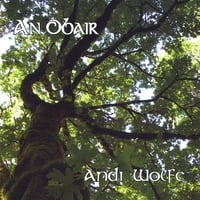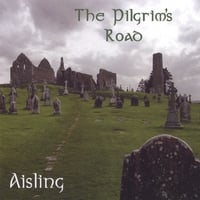I'm heading home this morning, one day before the conference ends. That's the problem with timing I have given the travel time and the Dublin Irish Festival this weekend. Next year looks to be the same or even worse timing - depends on when the festival weekend will be.
At any rate, yesterday was a very full, but productive day. I chaired the morning session on Lamiales and Gesneriales. It was a great session with a lot of good talks, including the one by my co-author on the Penstemon low-copy nuclear gene phylogeny. A quick break for lunch and then I had a talk scheduled in another great session on hybridization and speciation questions. My talk went well, which is always nice, but I have to admire Pam Soltis for her amazing handling of the technical difficulties that resulted in her slides not working. She was talking on the polyploidy of European Tragopogans and her slides just quit changing (Mac incompatibilities with the equipment in use). She was calm and collected and just did the talk sans slides. I know she thinks it was a disaster, but it came across as an amazing display of professionalism. Kudos, Pam.
The genomics talks were interesting. I'm not in that field of systematics, but I sure do appreciate the results of the investment NSF has made into those projects. I also enjoyed meeting Ken Wolfe, the Karling lecture speaker. He talked about genomics of yeast - another topic far afield from my work, but I'm interested in how others are mining the huge genomic databases that are now available.
Genomics is a field of study where whole genomes (all the DNA in the nucleus and organelles) are being sequenced. The information is analyzed for content - genes, repetitive DNA elements, control regions, etc. and the data are deposited into databases that are available for everyone to use. There's a whole new field of science called bioinformatics, which involves the mining of those databases.
I think most people have heard of the human genome project. It's that investment in science that has led to a cost-effective way of sequencing the genomes of other animals, plants, fungi, and microbes. We're learning so much about how life evolved and how it 'works' in terms of development and growth of the organism, and the timing and location of gene expression that makes it all happen. It's a fascinating area of science all on its own, but its particularly interesting in the comparative framework of evolutionary biology.
I also enjoyed visiting with students who did their PhDs with me and are now out on their own, training the next generation of scientists. I'm an academic grandmother and all of my 'progeny' have been pretty impressive. That's a great feeling, to know that I've contributed to our knowledge base through my career as a scientist. It's also incentive to stay current with what's going on in my field - it changes so rapidly. Genomics wasn't even a word when I started coming to these annual meetings in the late 1980's and now this field of study dominates funding priorities and research in systematics. Pretty amazing.
Ok, this 'interlude' is done and I'll resume my Nepal trek posts later in the week. Then I'll have another interlude for the Dublin Irish Festival - coming this weekend. One of the biggest and best in the world - don't miss it!
Subscribe to:
Post Comments (Atom)











No comments:
Post a Comment